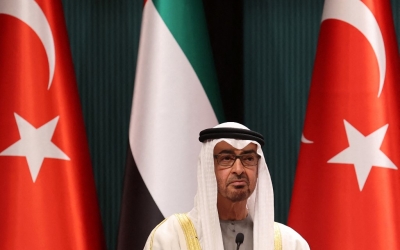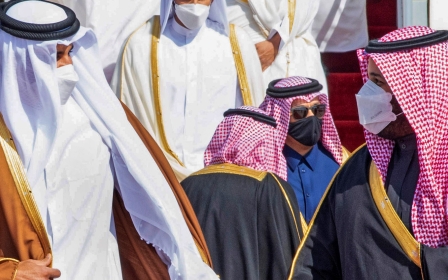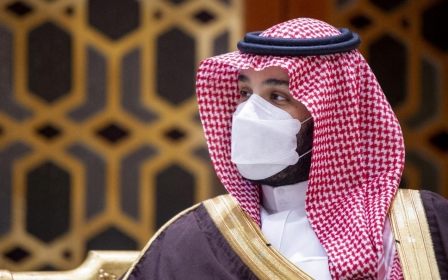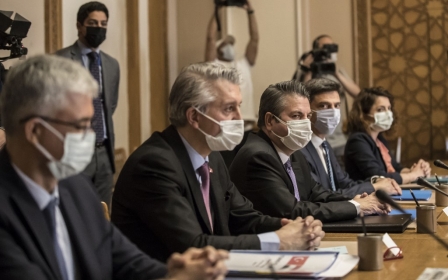Are Gulf tensions really thawing, or are states just buying time?
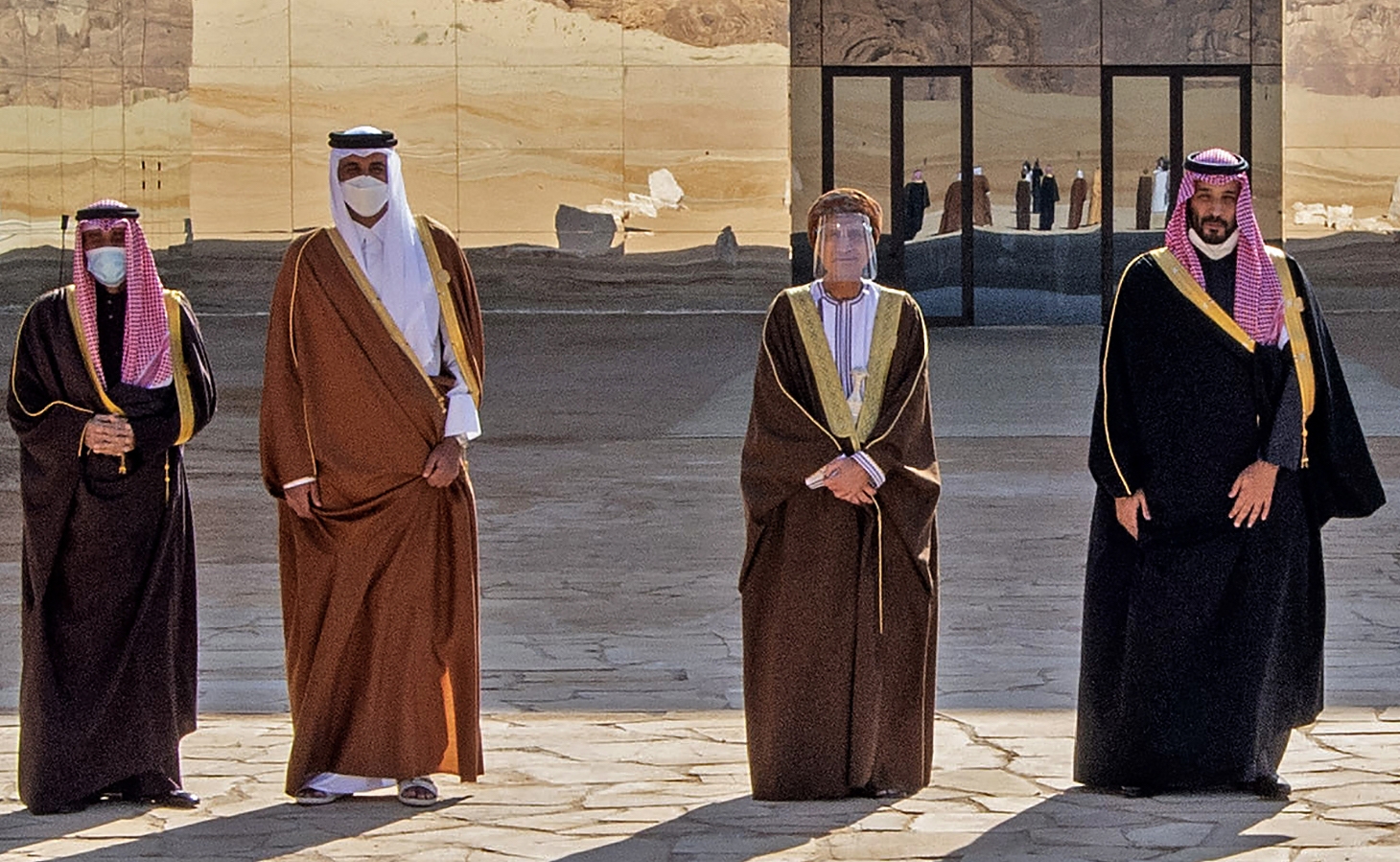
Since the outset of 2021, a series of unpredictable developments has gripped the Gulf region. Afghanistan fell back into the hands of the Taliban; Arab states accelerated their efforts to normalise ties with the Assad regime in Syria; Saudi-Iran negotiations gained attention; Lebanon slid deeper into crisis; coups took place in Tunisia and Sudan; parliamentary elections in Iraq propelled Shia cleric Muqtada al-Sadr into a power position; and hardliner Ebrahim Raisi won the presidency in Iran.
These countries are communicating and collaborating, but without discussing the past; the real sources of conflict are being swept under the rug
The year also brought an end to the four-year Qatar diplomatic crisis, and a thawing of ties between Turkey and the Saudi-UAE axis. But what is the relevance of the timing of these developments, and how much do they reveal strategic shifts in the nature of regional alliances? And if such shifts have truly occurred, to what extent can they be sustained?
One of the common underlying causes relates to the transfer of power from Donald Trump to the Joe Biden administration in the US, which caused ripple effects across the Gulf region. President Biden has pledged to make diplomacy the cornerstone of US foreign policy, noting that this would entail “engaging our adversaries and our competitors diplomatically, where it’s in our interest”. In addition, the hasty US withdrawal from Afghanistan and ensuing retaliation unsettled US allies.
At the same time, failed policies by the Saudi-UAE axis - from the debacle of the Qatar blockade, to the quagmire in Yemen, to supporting renegade general Khalifa Haftar’s unsuccessful quest to seize power in Libya - have also prompted regional powers to shift gears. The UAE’s outreach to the Assad regime is just one manifestation of this.
Waiting for the storm to pass
New MEE newsletter: Jerusalem Dispatch
Sign up to get the latest insights and analysis on Israel-Palestine, alongside Turkey Unpacked and other MEE newsletters
Yet, while all these developments have led to a number of apparent regional shifts, they do not actually mark a significant strategic recalibration. Regional tensions remain high, and states have continued to push their own narratives and slogans, despite the surface-level signs of rapprochement.
There is no clear evidence that Gulf powers are truly stepping back to re-evaluate or reassess their positions and strategies. The modus operandi seems to be buying time; essentially, laying low until the storm passes. Each state waits for its opponent to make the first move, remaining well aware that these opponents are also buying time. In this way, regional powers can hold off on any controversial moves until circumstances are more favourable to their interests.
This type of “procrastination policy” helps regional leaders to secure their interests in the near future, while avoiding the exacerbation or transformation of existing conflicts. This delayed-action strategy can be compared to the US tactic of filibustering, wherein debates are deliberately prolonged to prevent or delay crucial votes.
There is a real risk, however, that the time-buying strategy could lead to further policy paralysis, along with the risk that states may fail to respond swiftly to unfolding crises, causing them to lose control over important regional issues.
Ultimately, the notion of the time-buying strategy helps to better explain the recent cascade of developments in the Gulf, allowing for a more realistic understanding of what has unfolded this year.
It is important not to overestimate the importance of some of these apparent reconciliations and detentes. These countries are communicating and collaborating but, without discussing the past, the real sources of conflict are being swept under the rug. As such, points of contention will persist and likely resurface in the long term.
The views expressed in this article belong to the authors and do not necessarily reflect the editorial policy of Middle East Eye.
This article is available in French on Middle East Eye French edition.
Middle East Eye delivers independent and unrivalled coverage and analysis of the Middle East, North Africa and beyond. To learn more about republishing this content and the associated fees, please fill out this form. More about MEE can be found here.


